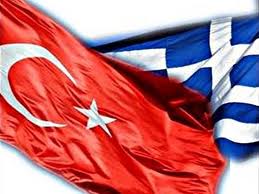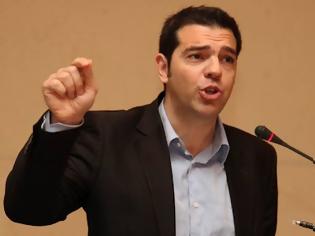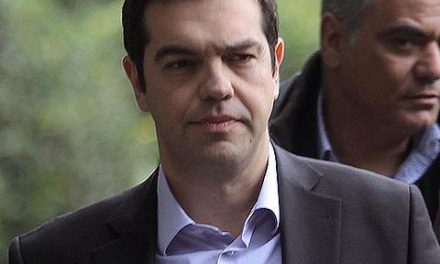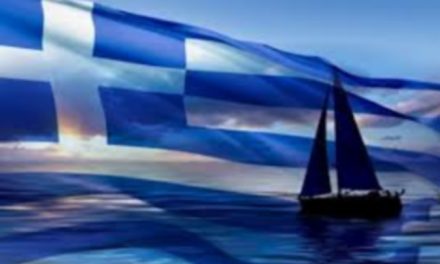By Ahval
The biggest uncertainty regarding the relations between Turkey and Greece involves Turkey’s president, Recep Tayyip Erdogan, and whether his ambitions are fuelling renewed claims to Greek isles, the New York Times (NYT) wrote on Saturday.
The relations between two countries has been strained in recent months after Turkish President Recep Tayyip Erdoğan called for the renegotiation of the 1923 treaty demarcating the countries’ borders during his visit to Athens in December 2017. The natural gas resources in east Mediterranean, the Greece’s refusal to extradite eight Turkish soldiers accused of participating the coup attempt in Turkey in 2016, the arrest of two Greek soldiers by Turkish authorities in March after they crossed the border in bad weather, as well as the historical dispute on Cyprus are among reasons of high tensions in relations.
Both countries engage in military show offs on the Aegean with their naval and air forces. As NYT noted, during the last two weeks, a low-flying Turkish helicopter passed provocatively close to a military base on the nearby Greek island of Ro, a Greek fighter pilot died after he crashed while attempting to intercept a Turkish aircraft, Turkey claimed its coast guard had removed a Greek flag from an islet near the island of Fournoi, and Turkish fighter jets harassed a helicopter carrying Alexis Tsipras, the Greek Prime Minister as it flew from the islet of Ro to Rhodes.
“The biggest uncertainty involves Turkey’s strongman president, Recep Tayyip Erdogan, and whether his ambitions are fueling renewed claims to these Greek isles — particularly after he embarked on Wednesday on an election campaign in which he is expected to play heavily on nationalistic sentiment,” the NYT said adding that “analysts worry that the unpredictable nature of Mr. Erdogan makes the situation more volatile than ever between the countries”.
“Erdogan is a little bit out of control — he’s picking a lot of fights and there is a lot of uncertainty about how far he’s prepared to go,” said think tank researcher Nikos Tsafo According to Tsafo “the odds of something going wrong are increasing on a weekly basis”.
“The potential for a military conflict between Greece and Turkey has never seemed as close since the 1990s,” told Soner Cagaptay, director of the Turkish Research Program at the Washington Institute for Near East Policy to NYT.
On the other hand, an anonymous senior Turkish official accused Greece of attention seeking. “They’re like babies, and it’s always been like that,” he said.



















